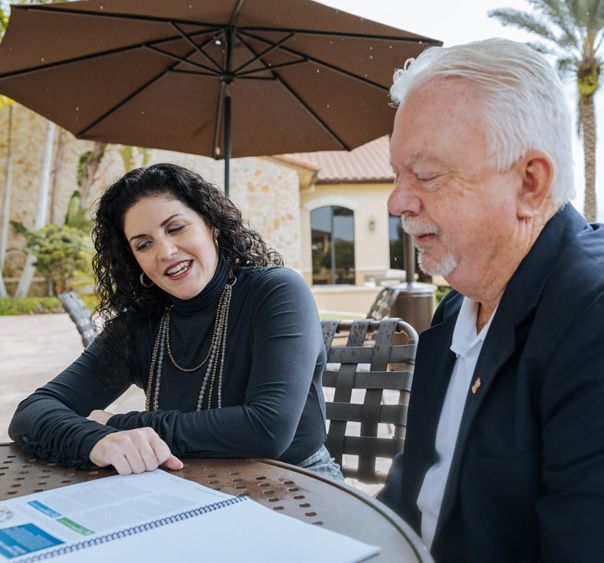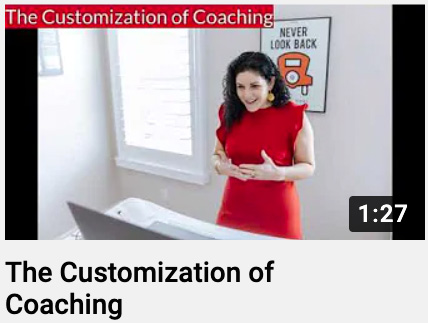Coaching and Thought Partner ROI:
Enhances flexibility & agility in thought and action
Impacts career growth trajectory
Expands leadership presence
Increases confidence and clarity in decision-making
Opens cognitive pathways to navigate new and changing environments
Coaching is partnering with clients in a thought-provoking and creative process that inspires them to maximize their personal and professional potential.
– The International Coach Federation
The key term in the ICF’s definition of coaching is partnering. Coaches serve as thought partners focused on creating safe, confidential spaces for leaders to explore the thoughts and stories in their head so they can move forward with clarity, focus and solutions to their own challenges. Confidentiality and ethical practices are governed by the ICF’s Code of Ethics.
Our brain is comprised of a collection of stories but it is impossible for us to see and acknowledge these stories by ourselves; often we have difficulty even seeing these stories exist. Isn’t it time to examine these stories and establish an intentional mindset so you can become a more impactful leader, ensuring you’re showing up as your best self – for YOURSELF and those around you?


With physical work environments and the delivery of work changing daily, the pressure for individuals to constantly pivot, while simultaneously developing into great leaders, has exponentially increased. Yet, the time for leaders to grow and hone this talent has greatly diminished. Coaching helps high-potential leaders become great leaders.
Executive coaches are not for the meek. They’re for people who value unambiguous feedback. If coaches have one thing in common, it’s that they are ruthlessly results-oriented.
– Fast Company Magazine
Difficult and meaningful will always bring more satisfaction than easy and meaningless.
Coaching is Insight-Based Learning, the best technology we have today for ensuring long-term behavioral change.
– Marcia Reynolds PsyD, MCC








